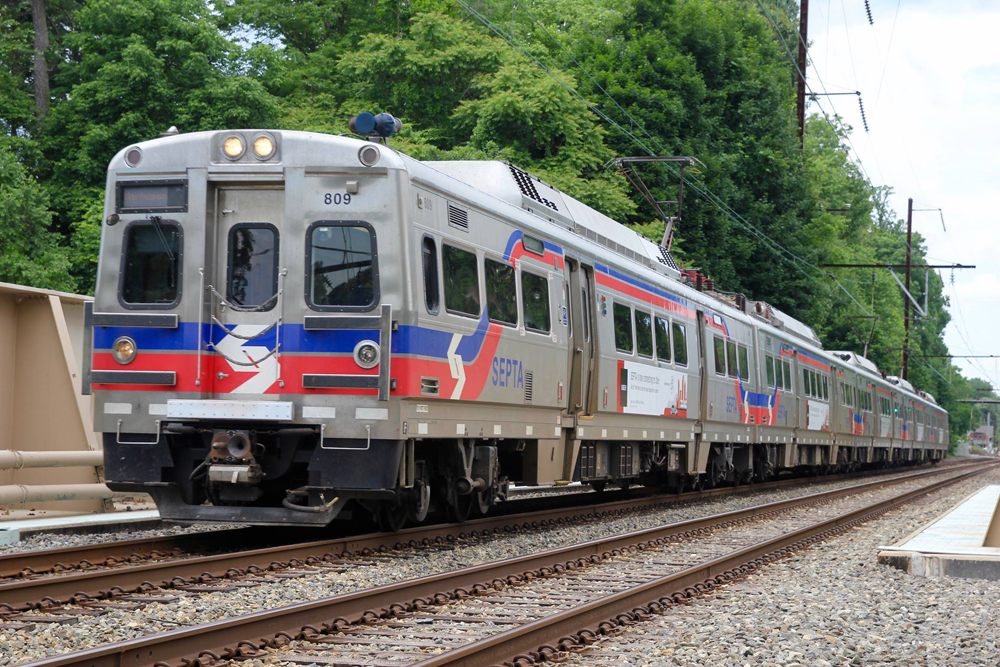
HARRISBURG, Pa. — With transit agencies in Philadelphia and Pittsburgh both warning of catastrophic service cuts without additional state funding, two Pennsylvania state senators have announced plans for legislation to help fund transit statewide.
State Sens. Nikil Saval (D-Philadelphia) and Lindsey Williams (D-Allegheny) are proposing creating funding from three sources:
— A 6% excise fee on ride-hailing systems such as Uber and Lyft;
— An increase in the state’s rental car fee from $2 to $6.50 per day;
— An increase on the tax on leased cars from 3% to 5%.
All funds would go to the state’s Public Transportation Fund. The legislators say in a press release that the funding package would raise “hundreds of millions of dollars,” closing the current funding gaps and allowing transit agencies to restore and expand services without draining reserves.
The bill has yet to be introduced, but memos are available on the ride-hailing and rental and leased vehicle elements. State Reps. Aerion Abney and Jessica Benham (both D-Allegheny) plan to introduce companion legislation in the House.
The Southeastern Pennsylvania Transportation Authority has said a funding shortfall means it is facing a 45% cut in service, including elimination of five Regional Rail lines and an end to rail service after 9 p.m. [see “SEPTA prepares …,” Trains News Wire, April 10, 2025]. Pittsburgh Regional Transit says it could have to reduce service by 35% [see “Pittsburgh transit agency outlines …,” News Wire, March 22, 2025].
Pennsylvania Gov. Josh Shapiro has proposed increased transit funding for three years, but the state House has blocked passage of the measures.






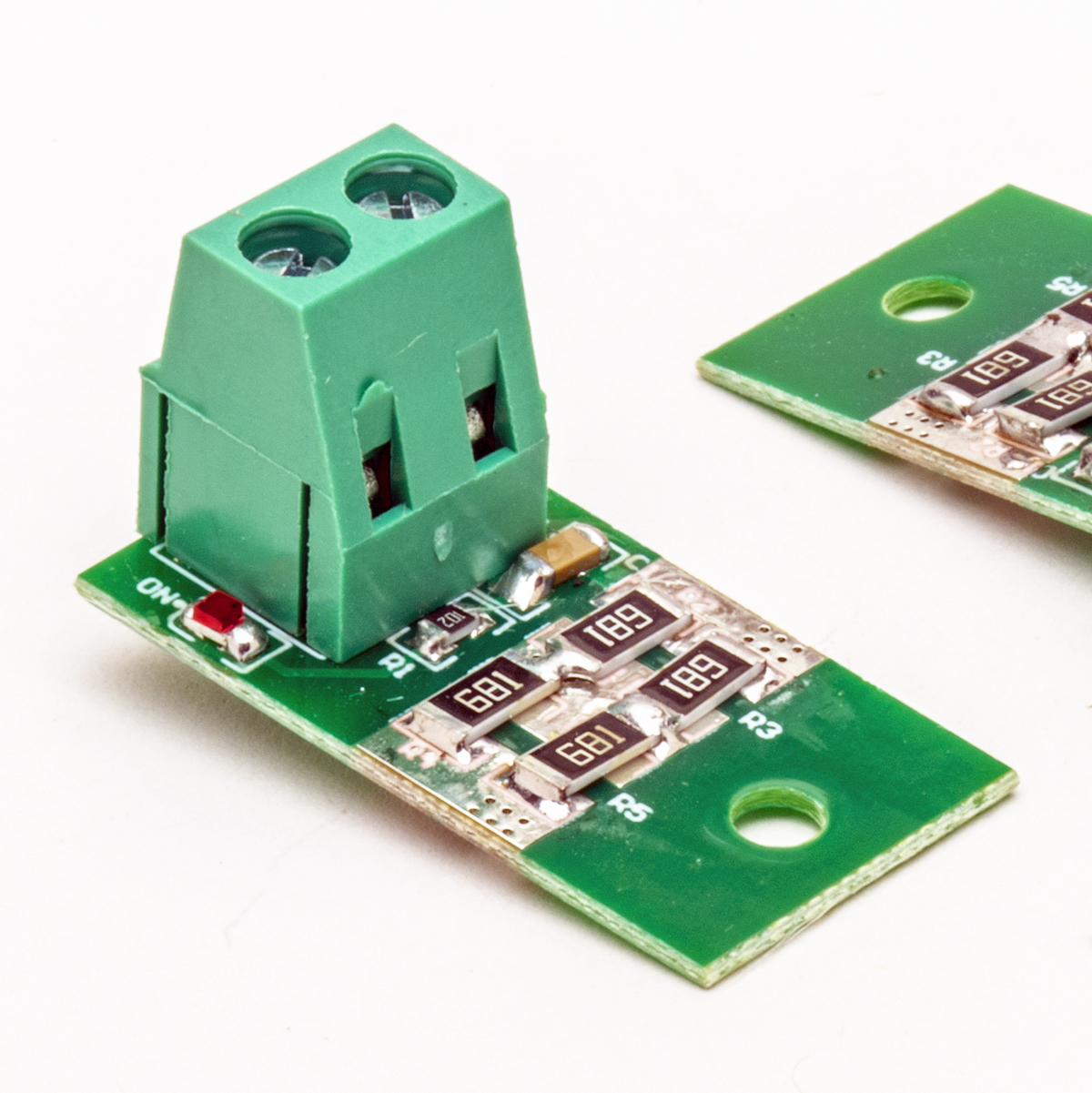
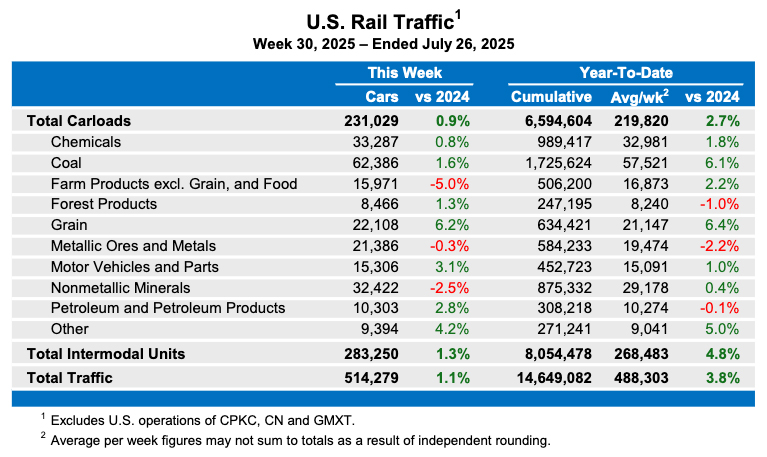
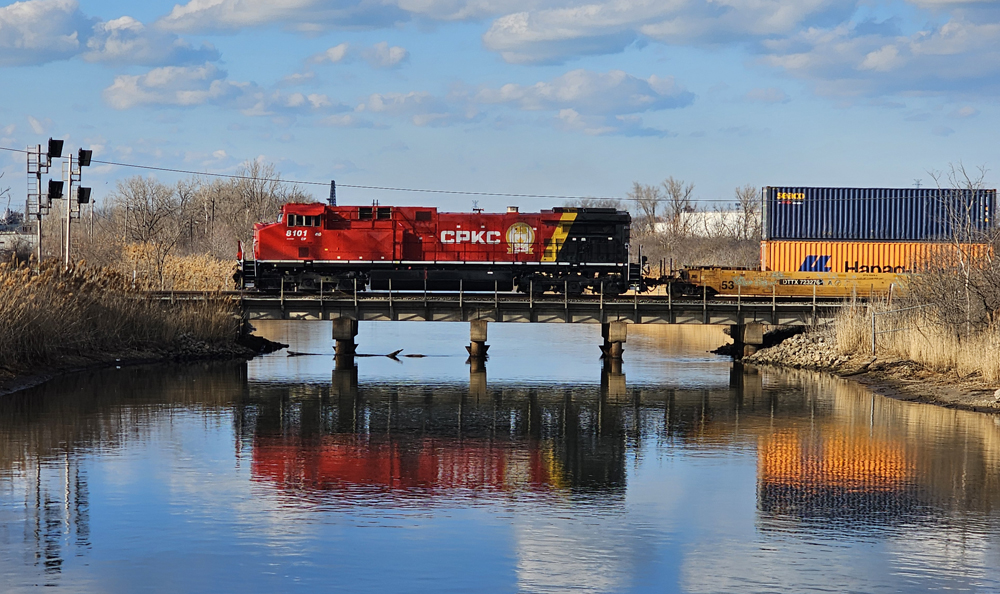
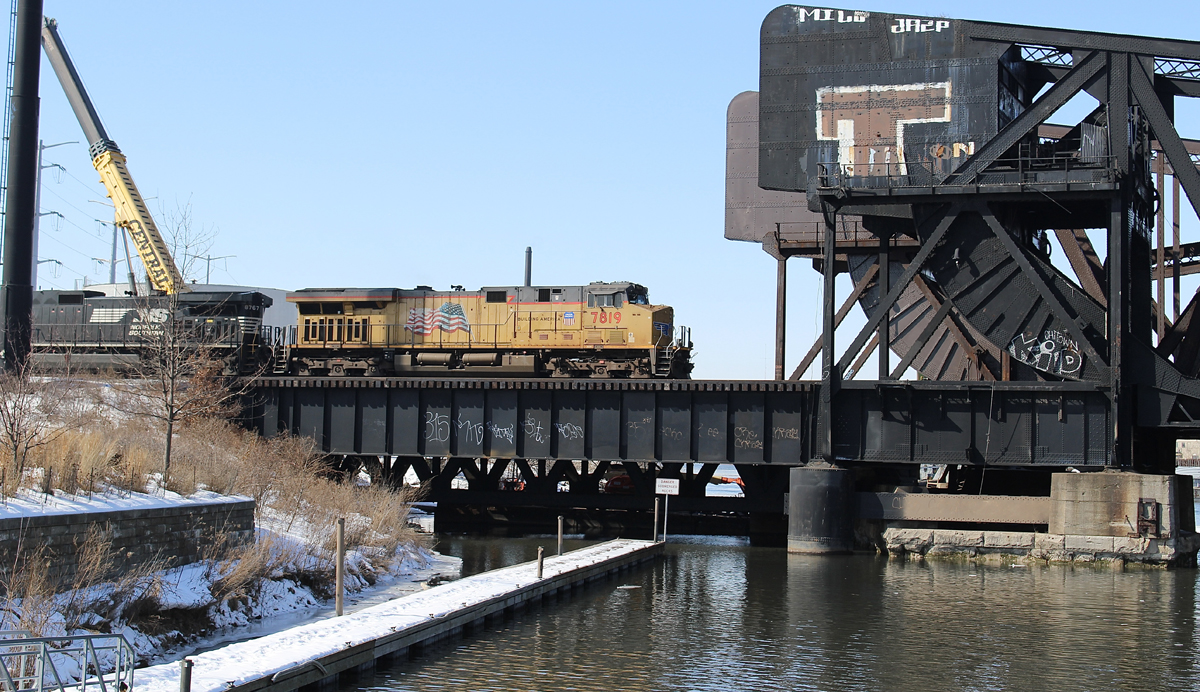




Tax businesses for office workers who don’t live within walking distance of the office. Give those workers a transit pass and double the tax if it’s not used. Tax every public parking spot within walking distance of a transit stop equal to the highest possible transit fare in the area. Eliminate on street parking.
So true Mr. Reed! Whenever there is transit news like this it triggers the bloc of politically motivated commenters on this site to spell gloom & doom for transit. Cut service! raise fares! …”riders should pay the full cost of their ride!”. Yet preferring to remain conveniently ignorant of the enormous tab they (drivers) have run up for their ride being comped by the taxpayers (state, federal) of this country. Just today a House Transp Comm determined the Hwy Trust Fund will face $140 BILLION deficit over the next 5 yrs, add that to the $150 BILLION that has been siphoned from the Treasury already! If the tax money at the pump isn’t covering the costs then there should be no hwy projects that exceed the tax collected.
As a PA resident, I can again point out that Philly, this time with the help of Pittsburgh, are once again attempting to make the entire state population bail out their transit systems. If it’s like prior attempts, Philly would get 75% or so of the tax money, Pittsburgh gets most of the rest, and the rest of the state that has public transit gets peanuts. Many of the counties get zero as they have no traditional public transit–but they do have Uber, rental cars including local car dealers, and leased cars.
Maybe a better metric for passenger travel support would be available seat miles or passenger miles. All the Billion dollar interchanges here in GA are an example of too much support for highways. The NS route from Gainsville Ga to ATL would travel thru the heart of commuter country. The ROW is wide enough in most places for 4 main tracks. All crossings of NS are being built for immediate addition of 2 more tracks now. Money well spent. I-85 almost every morning has a TA that caused at least 30 minutes delays for commuters.
Ultimately these “surcharges” will filter their way down nationwide to the American consumer.
I’m tired of seeing the same tired comments about transit agencies being “belly up.” Note that the interstate highway trust fund has been broke for years but the federal government keeps pouring money into it like nothing is wrong and refuses to raise the gas tax.
Recall nearly all transportation forms, especially passenger transportation lose a lot of money. Airlines are basically credit card companies because they don’t make money on hauling passengers. Even you lose money on your personal vehicle every time you drive it (not to mention the debt people accumulate on new vehicle purchases).
The main reason transit agencies are struggling is because of years of inadequate and inconsistent funding from federal and state governments unlike their highway and airline counterparts. COVID only exacerbated this problem.
The main reason SEPTA is struggling, other than the fact that ridership is down so much, is their participating municipalities have never agreed to pass some sort of a tax to adequately fund it. The City of Philadelphia and Philadelphia county are one and the same. It would benefit far more under an “total area tax” then the suburban areas so it has never been done. Now that fewer people from the suburbs are using SEPTA, there is even more resistance in the suburbs to having such a tax.
In other words: (1) The transit agencies are belly up. (2) There’s no money in the Commonwealth’s general fund. (3) Cast about for new sources for revenue.
Short-term, the Commonwealth gotta do what it gotta do. But I’m here to tell you, whatever Harrisburg comes up with, a decade down the road nothing will have changed. There will need to be new taxes levied.
Let’s also look at it from another angle. This is an admission that lots of automobiles support few transit riders. Let’s look at the rental car tax, $6.50 a day. It’s not hard to see that transit riders are subsidized $6.50 a day (one round trip) or likely more than that, maybe a lot more than that. How many cars have to be rented at Pennsylvania airports to support a single SEPTA train or a SEPTA single bus.
If/ when federal aid is cut back for NEC rail capital (Frederick Douglass, Gateway, Portal, NYPenn Station) how will local transit agencies which can’t afford day-to-day operations pay these capital costs.
Per the national transit database: SEPTA’s average operating expenses per passenger miles traveled in 2023 across all modes=$1.73. The same expense for commuter rail: $1.21. Bus: $2.60.
But I guess adding 705,848 daily riders (SEPTA’s January 2025 daily ridership) to local roads and highways will be a win for Philadelphia because they won’t have to subsidize those “few” people that use transit.
MATTHIAS —- Add capital recovery to operating expenses (any mode) for the true cost.